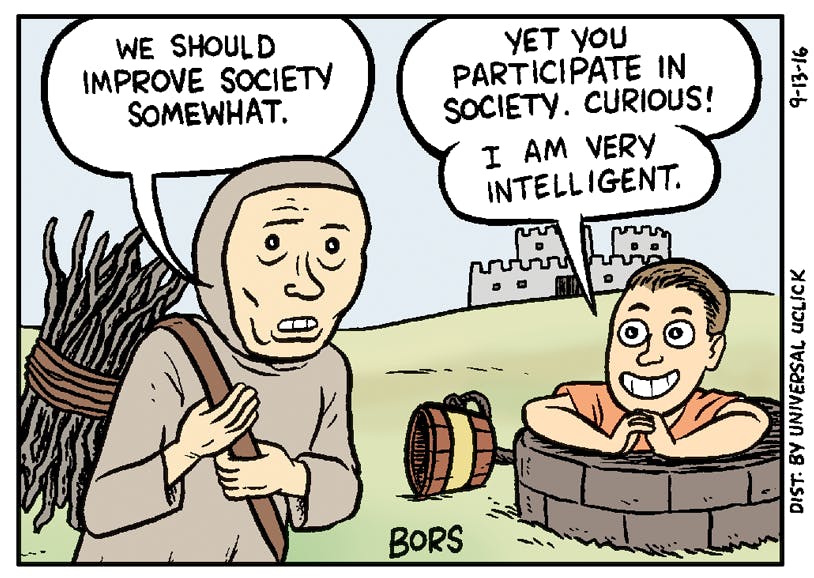the hedonic treadmill
Greenland is arguably one of the most beautiful countries on Earth. It’s home to some of the beautiful icy landscapes and picturesque cities, and has the lowest population density of any country. Life in Greenland is peaceful, calm, quiet — a tranquil oasis in the desert of modern excess.

Pictured above is the landscape of Nuuk, the capital of and most populous city in Greenland.
Except it’s got one dark secret — it has the highest suicide rate in the world.
I recently stumbled upon this fact from this video of a man that fulfills his childhood dream of visiting Greenland. He’s well aware of this grim statistic, interviewing a peaceful man that reveals his own suicidal tendencies, among several of his own family members and friends that have fallen to this serious disease.
Although a little taken off guard, once I fully acknowledged the situation I began to see how such a population with such a peaceful exterior could have such a prevalent happiness problem — among the mindless routine, the loud silence, and the calm loneliness, who wouln’t crack a little? Of course, it’s a little more complicated than that — Greenland has a well-known alcoholism problem, among other things — but it nonetheless brings up an interesting discussion. If even in the most peaceful place on Earth, man cannot be happy, then where?
The hedonic treadmill is an observed psychological tendency of humans to return to a “status quo” level of happiness after experiencing major changes in lifestyle — regardless of the magnitude of these changes. We experience this ourselves everyday — buying new things, getting your dream job, even being able to retire and live a life of luxury, grows stale with time. The short-lived burst of happiness we gain from this lifestyle transition doesn’t have to last merely days or weeks, but even months and years. The hedonic treadmill explains a significant amount of human history and behavior, such as colonialism, the industrial revolution, and capitalism.
Fundamentally, what the hedonic treadmill powers is this irrational desire for growth, for the evolution and the pimpification of our lifestyles, to cut down and smoke trees and pump water and build buildings and play games and drive cars to do our important jobs and drink drinks and laugh laughs. Biologically speaking, we should have been happy with hunting and gathering. Biologically speaking, the fucking agricultural revolution should have been enough. However, because of this simple cognitive quirk that fuels discontentment and funds programs to accumulate more and more STUFF, combined with the intellectual capacity to split the fucking atom, do we have the entirety of human history. Laid out for the aliens and higher powers to see.
Of course, everyone is different. Not everyone falls victim to the hedonic treadmill, and some have a unique gift for turning a blind eye to it. Buddhism — heck, even Christianity before it got twisted and deformed into its modern perverted form designed to fund megachurches, along with other major world religions — are examples of this. Unfortunately, the West flaunted its bodacious material breasts for the rest of the world to be captivated by, and suckle on the breastmilk of endless growth and development. Thus, blind the people become.
Perhaps technology can help? Surely technolgy can save us all? Cut down the trees, we’ve got solar panels on standby? Mine the coal, pump the oil, train the large natural language models, design the eco-friendly houses of the future — we don’t have to stop growing, for we’ve technology the saviour! This pattern of thinking can be likened to using matchboxes to put out a fire — a tiny chance you’ll actually put out the fire, but an overwhelmingly large chance you’ll just make a bigger fire.
Ironically I’m part of the problem myself. You see, computer programming and mathematics — specifically the subfield that is AI — are my hobbies. You might be thinking “AI?! The thing that is quite literally the biggest threat to our position as king of the food chain?! That AI?! You’re writing about the redundancy of contemporary society and you dabble in AI?!”. In fact, you probably are thinking that, because as I’m writing this I’m questioning my own credibility.

If you're chronically online, you're well aware of this meme. If not, well — just know that if you sound like the above, then this meme is for you.
To be honest, I have no idea how to solve this problem or the next move in my life. I’ll sit passively like the coward I am and watch as human history unfolds itself. Who knows, maybe this whole artificial intelligence being the end of the Anthropocene isn’t entirely true. Maybe we can still buy new things. Maybe we can still grow.